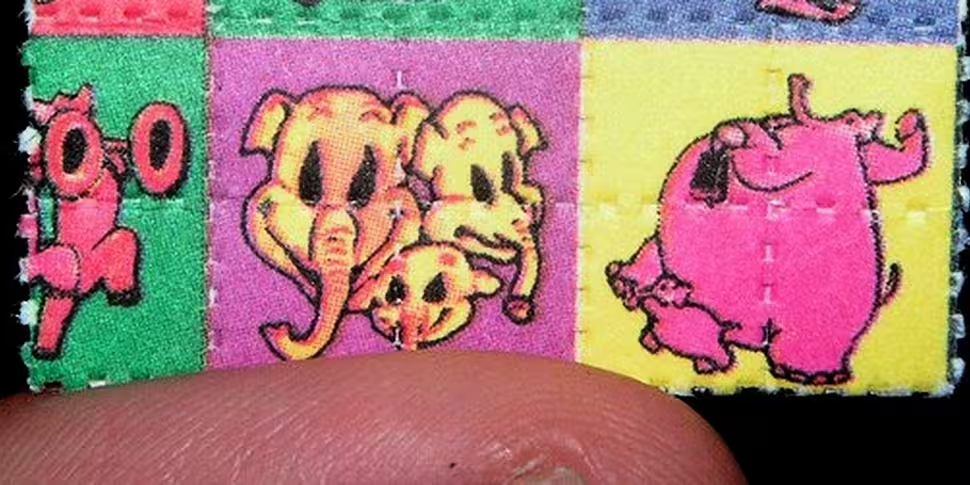People who have a history of using psychedelic drugs like LSD and mushrooms are less likely to commit acts of domestic violence than their non-tripping peers, a new study has discovered.
Researchers at the University of British Columbia’s Centre for the Advancement of Psychological Science and Law recently published their findings, having surveyed male inmates at an Illinois county jail.
Of their subjects, they found that 27% of convicts who had taken drugs like LSD, MDMA or psilocybin – better known as magic mushrooms – prior to serving time were likely to be arrested for domestic battery within six years of their release. When it came to inmates with no history of ingesting psychedelic substances, that number rose to 42%.
Zach Walsh, the co-author of the study, said his team’s research revealed further scope for the use of psychedelic drugs as a potential treatment in the mental health sector.
More than 300 inmates, with a history of substance use, were tracked for six years following their release, using FBI records to keep track of any brushes with the law.
“We didn’t have control over the set and setting in which the people consumed the drugs, they were just taking them in probably a social setting,” said Walsh. “If we could do this in a more controlled and reliable environment, I think we could see even more profoundly positive effects.”
Given the nature of the study, which involved polling prisoners who had confessed to using psychedelic drugs before entering the penal system, Walsh said it was possible that the UBC study could show some of the effects of how psychedelics affect human beings over a long period of time.
“Unlike a lot of pharmacological treatments that take repeated administrations, the psychedelic therapy seems almost to work more like a surgery in that one or two interventions ... with some preparation and some follow-up,” said Walsh.
There is a growing movement in the field of psychology with an interest in seeing what, if any, are the medicinal opportunities associated with psychedelic drugs, with Walsh referring to this as a “psychedelic renaissance.” Prior to being outlawed as controlled substances, the use of psychedelics in research was commonplace through the first half of the 20th century.
In recent years, several studies have concluded there is considerable scope for further research, including work on how MDMA could treat Post Traumatic Stress Disorder or how the hallucinogenic agent in psilocybin can help smokers quit.
“Now that [attitudes] seem to be loosening up, at least in the public consciousness, we’re seeing more and more studies highlighting that potential once again,” Walsh added.









